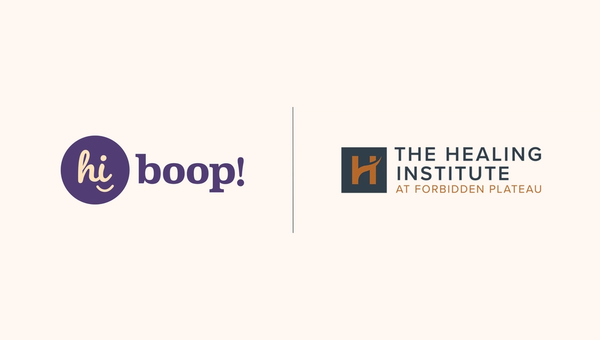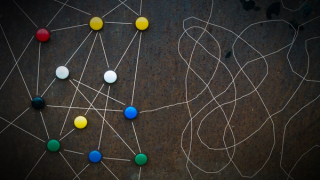Insights
Mental health resources, clinical insights, and community stories

Me & Autism: Building a Space That Says Yes
Navigating a world not built for her, Dr. Jilleun Tenning found belonging by creating InFocus, a space that celebrates neurodivergence so thers can too.

Dr. Jilleun Tenning, PhD
Jul 6, 2025
Editor's Picks

HiBoop Launches Clinical Pilot for Innovative Mental Health Assessment Platform
VICTORIA, BC (October 22, 2024) – HiBoop, a new mental health assessment platform designed to assist healthcare providers, has launched its Clinical Pilot Program in partnership with The Healing Institute.


One Life Recovery Needs Community Support After Devastating Fire
One Life Recovery, founded by Brett Johnson, seeks urgent community support after a devastating fire displaced residents and destroyed belongings at their Victoria recovery home. Learn how you can help these men continue their recovery journey through donations and support.


From Intake to Insights: The Science Behind HiBoop’s Mental Health Assessments
Mental health diagnostics have traditionally relied on in-office assessments that can be long, repetitive, and sometimes feel impersonal. These standardized questionnaires are valuable tools, but they often follow a "one-size-fits-all" approach, which doesn’t reflect the complexity of each individual’s mental health journey.

Latest
3 items
Fighting Question Fatigue: How Adaptive Assessments Improve Mental Health Diagnoses

The Ethics of Machine Learning in Mental Health: Balancing Innovation with Privacy

Applications of Machine Learning in Mental Health Diagnostics
Personal Stories
Real experiences from the mental health community
Get insights delivered to your inbox
Join mental health professionals getting our latest articles, resources, and clinical tips.
Ready to transform your practice?
See how HiBoop helps clinics deliver measurement-based care that clinicians actually use.
Request a Demo

